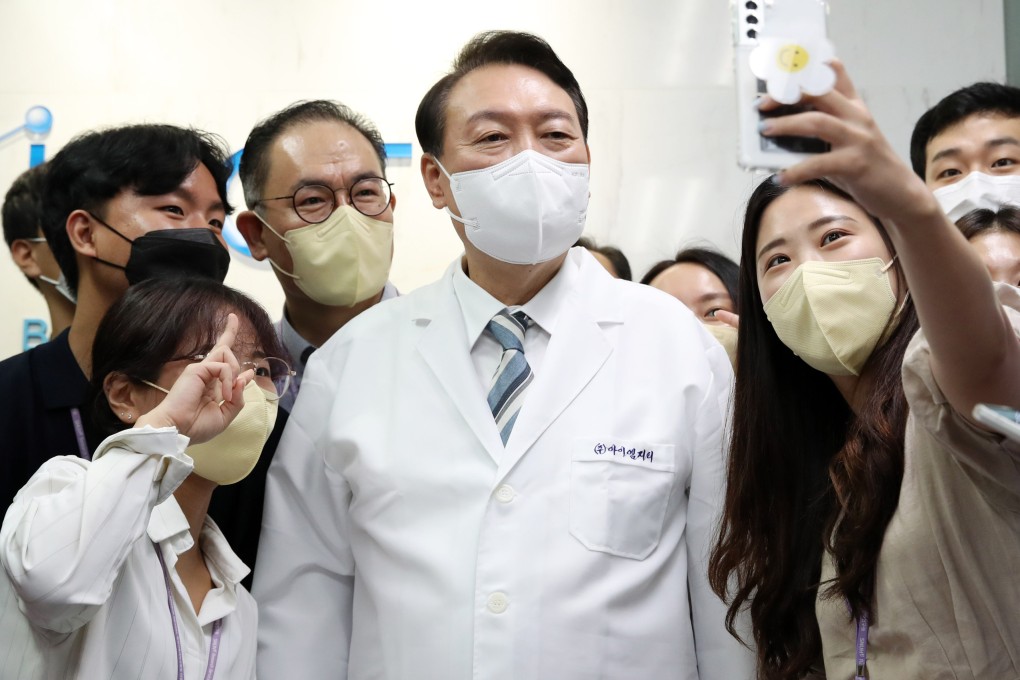China, South Korea renew service sector talks, opening up a ‘win-win for both economies’
- China and South Korea signed a free-trade agreement that went into effect in December 2015
- Delayed discussions over the second phase began in 2018, although progress stalled, prompting a meeting between chief negotiators earlier this month

Renewed talks between China and South Korea to further open their service sectors could represent a “win-win situation for both economies”, analysts said.
The discussions over the second phase of a free-trade agreement that went into effect in December 2015 began in 2018, with nine working-level discussions taking place, although progress stalled, prompting a meeting between chief negotiators on July 13.
China’s commerce ministry said that the two sides had “in-depth consultations on cross-border trade in services, investment and financial services and other issues on rules, as well as market access, with positive progress”.
But despite having resumed, the talks are still far from developing into the stage where sectors are narrowed down and details are discussed.